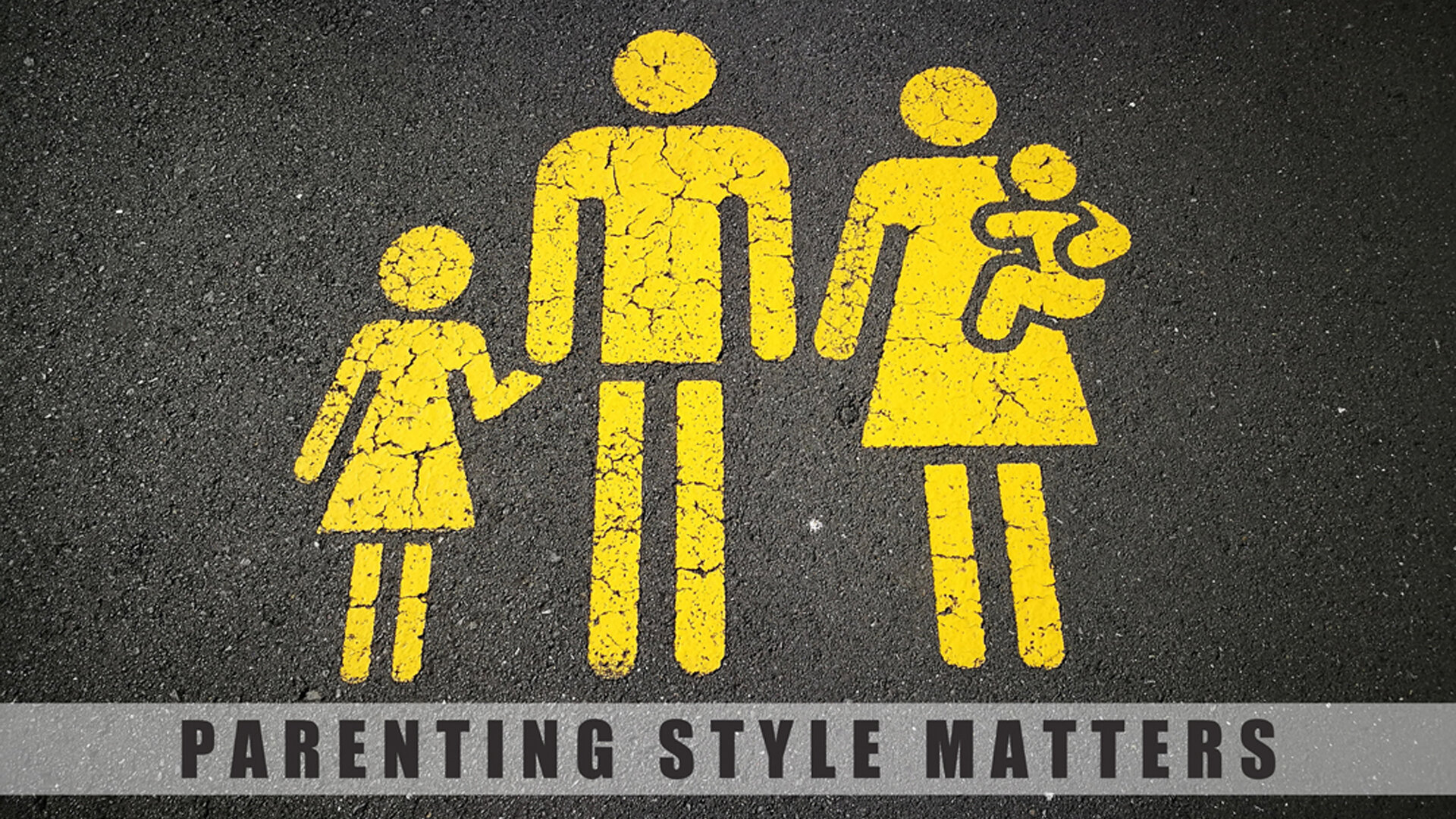Parenting Style Matters
By Tierce Green
Developmental psychologists have long been interested in the cause-and-effect links between parenting styles and child development. Psychologist Diana Baumrind identified three styles from her extensive research. Further research by Maccoby and Martin suggested adding a fourth. Generally speaking, the four parenting styles are permissive, neglectful, authoritarian, and authoritative.
To understand the differences it is helpful to position these four parenting styles in quadrants defined by four coordinates. The top axis point represents parenting that is high in love, and the bottom point represents parenting that is low in love. The far-left is low in discipline and instruction. The far-right is high in discipline and instruction. The diagram below illustrates where each parenting style operates and how they function.
Starting from the top left quadrant and moving counterclockwise, here is an explanation of the Four Parenting Styles:
[1] PERMISSIVE PARENTING is high in love but low in discipline and instruction. This is very attractive to some parents because it comes with very few demands. Discipline and instruction are rare. In effect, it allows parents to take on the role of a friend more than that of a parent. According to Diana Baumrind, permissive parents, sometimes referred to as indulgent parents are …
" … more responsive than they are demanding. They are nontraditional and lenient, do not require mature behavior, allow considerable self-regulation, and avoid confrontation.”
In my experience, many parents who are permissive and indulgent grew up in an environment where there were lots of rules and restrictions with little nurturing and communication. Their parents may have loved them deeply but didn’t know how to communicate it effectively. Now, as parents themselves, they have determined that love equals leniency. The meter is pegged out on the extreme left with a version of love where discipline and instruction are virtually absent.
[2] NEGLECTFUL PARENTING is low in love and low in discipline and instruction. These parents are uninvolved with few demands, little communication, and minimal direction. While they fulfill the child's basic needs, they are generally detached emotionally, socially, and spiritually. Two adults in effect created a baby with little thought given to care and nurture. In extreme cases, these parents neglect or even reject the needs of their children.
[3] AUTHORITARIAN PARENTING is low in love but high in discipline and instruction. Children are expected to follow strict rules with little to no explanation behind the rules. In these environments, “because I said so” is commonly heard. The goal in this type of parenting is to raise compliant kids, and failure to comply usually results in punishment. According to Baumrind, these parents are …
" … obedience and status-oriented, and expect their orders to be obeyed without explanation.”
[4] AUTHORITATIVE PARENTING is both high in love and high in discipline and instruction. Rules and guidelines are clearly established for children to follow, but this type of parenting is more responsive and willing to listen to questions. When children fail to meet expectations, discipline is appropriately applied with love and forgiveness rather than pure punishment. Baumrind suggests that these parents …
" … monitor and impart clear standards for their children’s conduct. They are assertive, but not intrusive and restrictive. Their disciplinary methods are supportive, rather than punitive. They want their children to be assertive as well as socially responsible, and self-regulated as well as cooperative."
Studies show that the two worst parenting styles are authoritarian and neglectful. Rules without relationship (authoritarian) often leads to rebellion. No rules and no relationship (neglectful) creates a void in a child’s life that leads to a lack of self-control and self-esteem. Both authoritarian and neglectful parenting styles produce children who rank lower in happiness and social competence. Permissive parenting also produces children who rank low in happiness and self-regulation while struggling with authority and performing poorly in school.
THE BEST PARENTING STYLE IS AUTHORITATIVE—the one that is high in discipline and instruction but also high in love. This reflects what the Scriptures say in John 1:17 …
“For the law was given through Moses; grace and truth came through Jesus Christ.”
We tend to swing to extremes with grace on one end and truth on the other. But Jesus didn’t switch off grace to access truth, or switch off truth to access grace. They were always integrated. He can enable us to extend grace and truth to our children even when the circumstances are hard.
Discipline, correction, and boundaries are all expressions of grace and truth. Leading, loving, and relating to our children with an authoritative parenting style—high in love and high in discipline and instruction—is parenting with grace and truth. It’s the way our Heavenly Father leads, loves and relates to us, and the way he wants us to parent our children.


